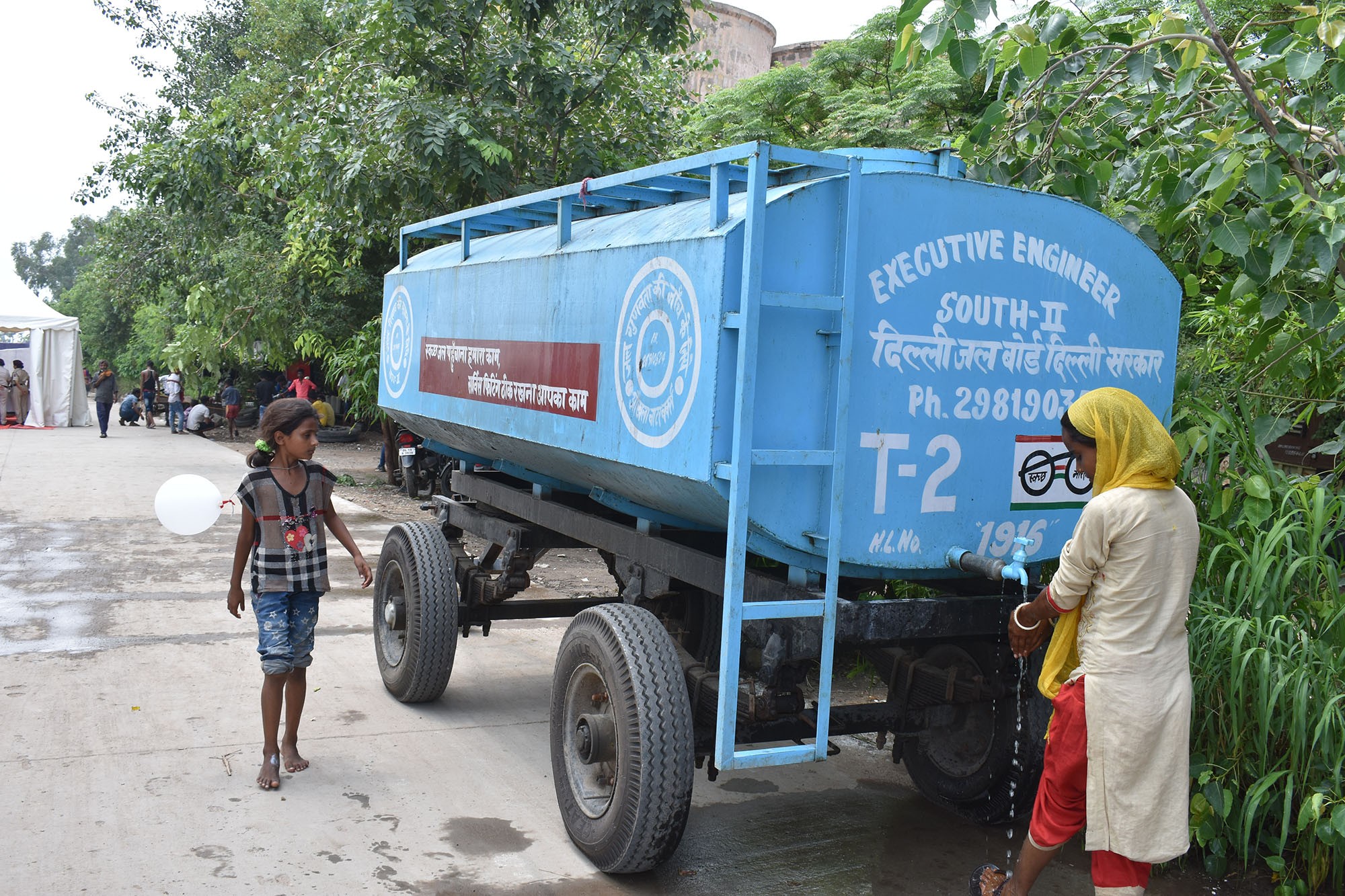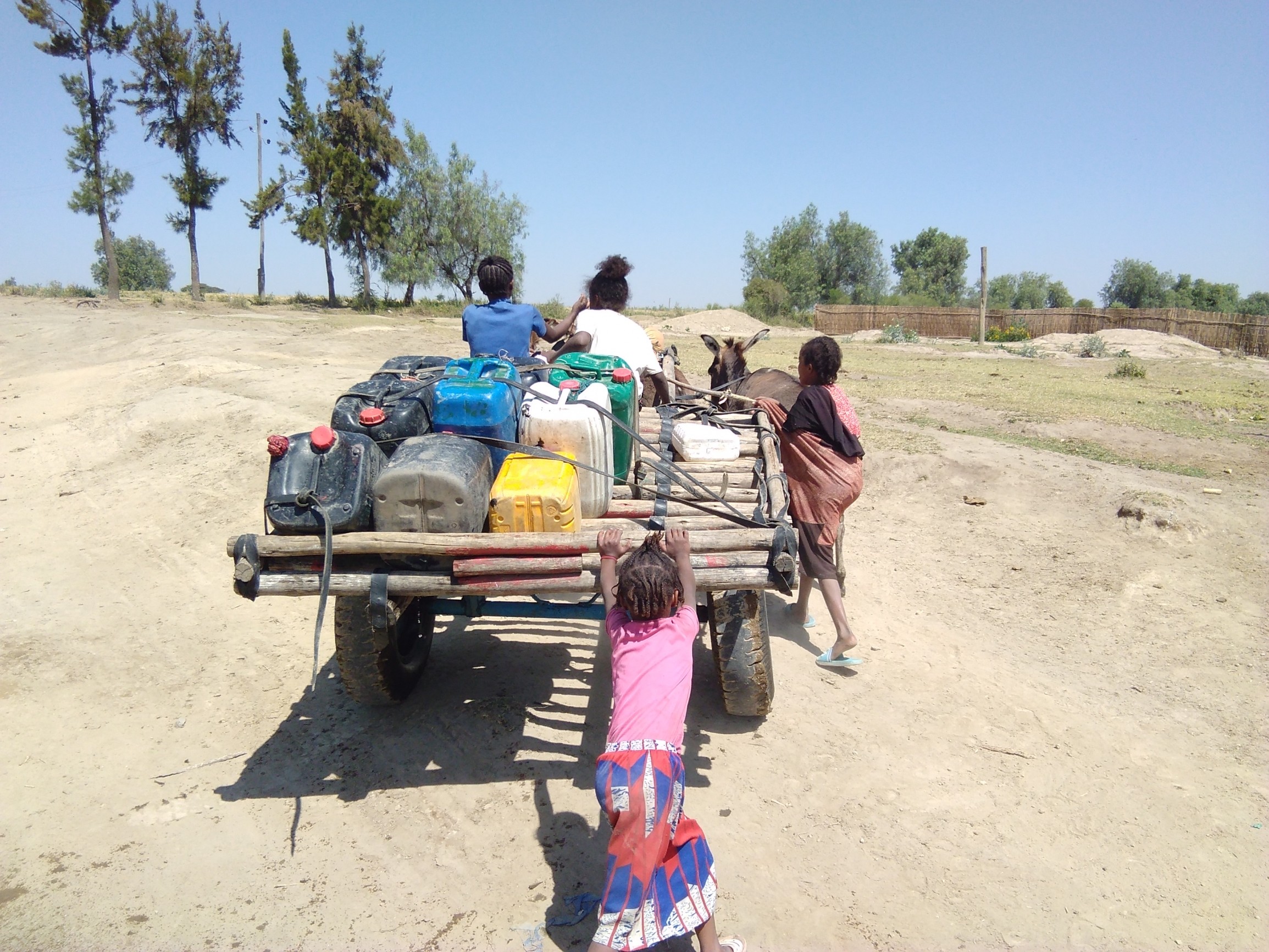Aim and overview
Water governance is fragmented. Decision‐makers act in ways that are detrimental, rather than beneficial, to overall social welfare and human rights. Restricted capabilities, blurred lines of responsibilities, conflict of interests, and unbalanced power amongst institutions, governance levels and legal frameworks, can make implementation of integrated approaches to water security very difficult in practice. Many stakeholders, especially communities, are unable to engage with, and take responsibility for, water security. Within a wider context of politics in development, and understanding of localised contexts and values, the Hub has explored and developed a multi-pronged approach to embedding consideration of politics and power relationships at the heart of water security governance. Our aim was to produce recommendations for water policy and governance reform needed to promote water security for al; build capacity to allow all stakeholders to participate and cooperate in water security decisions; and share knowledge and guidance on water policy and governance to enable a transition to integrated water governance that leaves no one behind.
Key questions
- How can we facilitate problem identification with enhanced understanding of political ecology and economy, especially regarding contested power dynamics and informal actors?
- What sectoral linkages (minerals, energy, agriculture, land use) and socio-political drivers shape water management outcomes?
- How do we explicitly embed questions of power and resource allocation in the wider challenges of how to manage supply and demand in water systems?
- What windows of opportunity and examples of positive deviance exist that disrupt systemic inequalities in water governance?
- How do we ensure decisions about competing water demands and proposed interventions are made on an equitable basis, considering all dimensions of inequality, particularly in ways that amplify the voices and experiences of the Global South?

Water tankers provide drinking water at the makeshift Yamuna flood relief camp
Key findings
- Our research critically examined the role of power dynamics and contested discourses in water governance, offering a systems approach to improve water security. By utilising empirical case studies across Colombia, Ethiopia, India, and Malaysia, we identified the key drivers and risks that shape water insecurity. These findings will inform future global and local development frameworks, contributing to sustainable and equitable water governance (Nagheeby et al., 2023).
- Our research identifies five axes of infrastructural violence that perpetuate inequities in water supply across Delhi. By analysing historical and present governance systems, we reveal how political, economic, and ideological factors underpin water infrastructure to exclude marginalised communities. The concept of "infrastructural violence" shifts the focus from technical deficiencies to socio-political drivers, offering a framework to understand and address the systemic inequalities that shape water access and provision in the city (Kumar et al., 2021).
- Our study introduced the "problemscape" framework to capture the dynamic and hybrid nature of water security, illustrating how interconnected social, political, and physical factors shape water management outcomes. By analyzing water systems in Central Ethiopia, we demonstrated that this approach enables a better understanding of leverage points and strategic solutions for long-term water security challenges, bridging gaps between traditional hydrological boundaries and broader socio-political contexts (Polaine et al., 2022).
- Our research explored the diverse and often conflicting discourses that shape water governance in Ethiopia's Central Rift Valley. By employing political economy and political ecology frameworks, we identified dominant narratives, including decentralisation, water-centered development, and marketisation, which significantly influence water management. These findings highlight the importance of understanding power dynamics and competing narratives to implement sustainable water resource governance in the region (Bantider et al., 2023).
- Our research uncovered the significant yet hidden role of informal actors in shaping water governance in Colombia’s Upper Cauca River Basin. These actors, often involved in illegal activities, exploit gaps in the national water governance framework, undermining state authority. By mapping these actors and their influence on territorial and water management, we revealed the complex socio-political landscape that hinders sustainable water governance, offering critical insights for policy reforms (Figueroa-Benitez et al., 2023).
- Our research calls for a paradigm shift in water diplomacy from a security-peace focus, traditionally dominated by Global North perspectives, to one centered on equity and identity. By emphasising these neglected aspects, we aim to decolonize water diplomacy and conflict transformation, giving voice to Global South actors and providing a new framework for addressing transboundary water conflicts more effectively (Nagheeby & Amezaga, 2023).
- Our research applied social network analysis to identify and quantify reputational power among actors involved in water governance in Johor, Malaysia. By mapping these actors, we revealed how fragmented governance and overlapping jurisdictions create challenges for collaboration. The study provides a framework for understanding how perceived influence shapes water governance, offering a tool to improve collaborative approaches and integrated water resource management (Wan Ahmad Tajuddin et al., 2023).
- Our research critically unpacks the limitations of SDG Indicator 6.5.1, revealing how its reductive quantification and performative reporting obscure the complexities of integrated water resources management (IWRM). By examining five countries, we identified key weaknesses in its institutional and political capacity, showing that the indicator often presents an illusion of progress while failing to address the underlying power dynamics and governance challenges crucial to sustainable water management (Mdee et al., 2024).

An all girls crew face the challenge of water collection in Ethiopia from a young age



